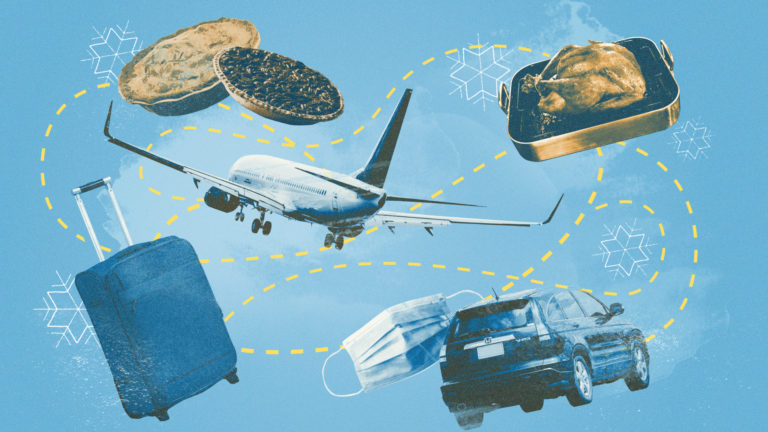November 17, 2023: Why Do People Lie?
Target Vocabulary
Get a kick out of: To enjoy something immensely or find something very amusing.
Pulling the wool over somebody else’s eyes: To deceive or fool someone.
Spare someone’s feelings: To avoid causing emotional pain or embarrassment to someone, often by not telling the full truth.
Pulling a “Sickie”: Informal phrase meaning to pretend to be ill in order to avoid going to work.
White lies: Small or harmless lies, often told to avoid hurting someone’s feelings or for convenience.
Porkies: Informal British term for lies. (Derived from Cockney rhyming slang: “pork pies” rhymes with “lies”).
Transcript
How often do you lie?
And how often do you think other people lie to you?
Chances are, it’s a lot more often than you think.
Why Do We Lie?
There are a number of different reasons why we lie.
So we might lie for personal gain,
we might lie to avoid punishment,
we might lie because we get a kick out of pulling the wool over somebody else’s eyes.
So the white lies, I always say, are the oil that keeps life’s machinery running smoothly.
Everybody lies.
Imagine a situation where we told the truth all of the time.
I really don’t think we’d last very long.
We certainly wouldn’t have friends for more than about 24 hours.
61% of men and 60% of women in the UK think it’s acceptable to lie in order to spare someone’s feelings.
25% of men and 22% of women think it’s OK to lie to cover up their own mistakes.
People lie to get rewards and avoid harm.
So for example, in order to get a good job you might think I would lie on my CV.
You might lie to gain more money.
People also lie often because they want others to see them more favourably.
In order to get a better date you might think, “I would lie on a dating app.”
69% of people polled thought to lie about your age or appearance on a dating profile was never acceptable.
Pulling A “Sickie”
39% of men and 40% of women think it’s acceptable to lie to take time off of work, with over half of young people between the ages of 16 and 34 agreeing it was OK.
One in five OK workers have “pulled a sickie” as an excuse not to come to work.
And only 29% of managers believed their staff when they called in sick, with food poisoning and cold and flu being the least believed reasons.
Why Do We Believe Big Lies?
According to George Lakoff at the University of California, we tend to interpret evidence differently depending on our personal beliefs.
And anything that challenges that will actually be ignored or even attacked, which might go some way to explaining why society can be so polarised.
Lies We Tell Our Partners
Research suggests that when we’re married about one in 10 of our interactions is a form of deception.
But when we’re in the early stages of getting to know a person, or dating them, it can be as high as almost half the things that we tell the other person could be deceptive in some kind of way.
The most common type of lies that we tend to tell are the white lies, the protective lies.
So imagine your partner is a budding Picasso, they come home from art class one night and they show you their latest painting that they’re very proud of.
You take a look at it and go, “Mm.” And they say, “What do you think of my painting?”
We would typically go, “Oh, yes, I quite like that.”
We wouldn’t necessarily tell the outright truth that we wouldn’t have that on the wall if you paid us to.
How often do we lie?
When we learn to lie as children we use something called the theory of mind,
which is our understanding of the intentions and beliefs of others.
We also develop skills such as planning and self-control which help us tell better porkies.
Robert Feldman at the University of Massachusetts found that we lie frequently and we don’t even know how often we do it.
Participants in his study lied, on average, three times in a 10-minute conversation when they were meeting each other for the first time.
They weren’t aware that they were lying that much until they watched back the footage of the interactions.
We like to think of ourselves as very honest, truthful, trustworthy people.
So one of the reasons that we might not be good at tracking how often that we’ve lied, we might be underestimating quite a lot about how often we lie, we might underestimate to protect ourselves, to protect our self-esteem, make ourselves feel better about ourself.







